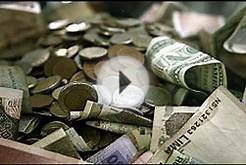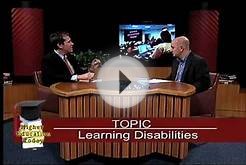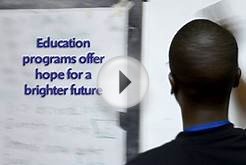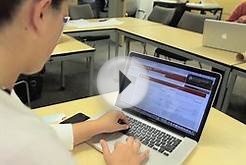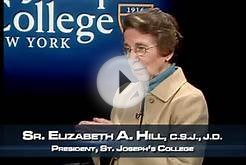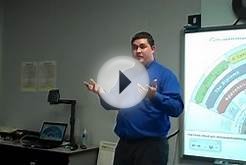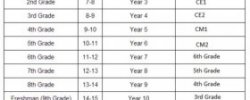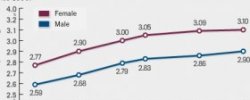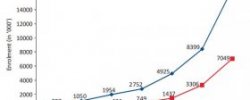The purpose of this blog and our latest book, We're Losing Our Minds: Rethinking American Higher Education (Palgrave MacMillan, 2012), is to shift the national conversation about higher education from a primary focus on the comparisons that make up magazine rankings to a serious discussion about the failure of colleges and universities to fulfill their core mission: higher learning. In subsequent posts over the coming months, we will examine the nature of what we assert is a true crisis in learning in higher education; show how higher learning requires a more intentional and robust curriculum and pedagogy; discuss how learning assessment can serve as a powerful form of teaching and learning; and articulate the requirements necessary for campus "change for learning."
Readers of this blog have probably heard the chorus of critics assailing the academy for high costs, low retention and graduation rates, and administrative and faculty inefficiency. These are important issues, and they have appropriately mobilized public concern. But the fundamental problem - what has brought us to the point of crisis - is the critical deficit in higher learning. To say it as plainly as possible: students do not learn enough in college, period.
Too many college graduates are not prepared to think critically and creatively, speak and write cogently and clearly, solve problems, comprehend complex issues, accept responsibility and accountability, take the perspective of others, or meet the expectations of employers. In their 2010 book Academically Adrift: Limited Learning on College Campuses, Arum and Rocsa provide strong statistical evidence of the painful truth: most students do not make significant gains in critical thinking, problem solving, analytical reasoning, and written communication skills while in college. Their findings, amplified by recent data from the Wabash National Study of Liberal Arts Education and earlier results from the American Institutes for Research and the National Center for Education Statistics, show that the gap between what colleges and universities promise and what they deliver has become a chasm.
Five years ago, the Spellings Commission on the Future of Higher Education scathingly labeled higher education as "risk-aversive, " "self-satisfied, " "unduly expensive, " and "ineffective". In their landmark study, Greater Expectations: A New Vision for Learning as a Nation Goes to College ( the Association of American Colleges and Universities (AAC&U) summed up the urgency of the situation as follows: "...even as college attendance is rising, the performance of too many students is faltering... [College] is a revolving door for millions of students while the college years are poorly spent by many others." Metaphorically speaking, then, we are losing our minds - and this is a costly failure that must be resolved if we are to sustain our nation's political, social, economic, scientific, and technical leadership. The claim that the American system of higher education is the "best in the world" has become an empty accolade masking the inadequate quality and quantity of learning in college.
How did we get here? Culture is at the heart of the matter. We as a society have bastardized the bachelor's degree by turning it into a ticket to a job (though, today, that ticket often doesn't get you very far). Meanwhile, the academy has adopted an increasingly customer-based ethic that has reaped costly effects: the expectations and standards of a rigorous liberal education have been displaced by "professional training"; teaching and learning have been de-valued, de-prioritized, and replaced by an emphasis on simple-minded metrics that feed magazine rankings; and increased enrollment, winning teams, bigger and better facilities, more revenue from sideline businesses, and more research grants have replaced learning as the primary touchstone for decision-making.


